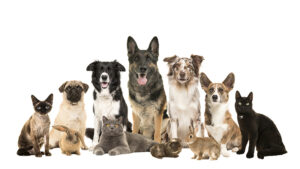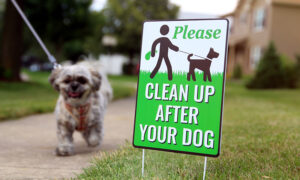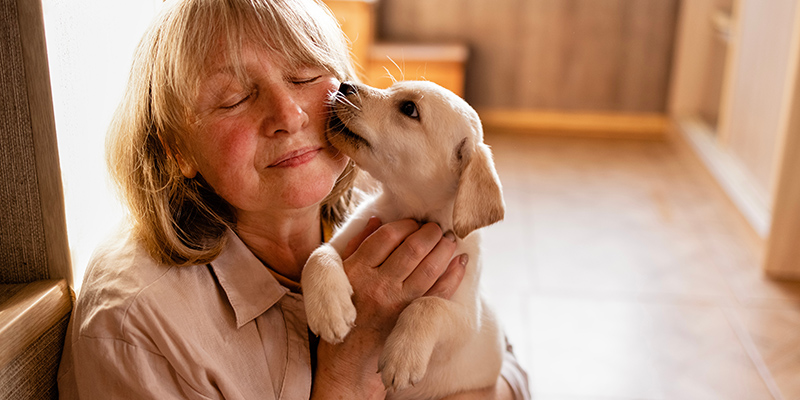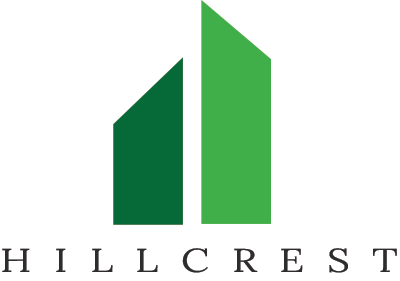Homeowners associations are known for having strict rules, among which are HOA pet restrictions. Before buying a home in an HOA community, potential owners should first check whether or not the association has pet policies. It is common for HOAs to have limitations on pets, with some even banning them altogether.
Are HOA Pet Restrictions Legal?
It might not seem like it, but it is quite common for homeowners associations to have pet restrictions. Many people consider their pets as part of the family, but moving into an HOA community comes with conditions. Some associations even have a blanket policy prohibiting pets of any kind.
Homeowners might find themselves asking whether such HOA pet restrictions are even legal and enforceable. The answer depends on two things: state laws and the HOA’s governing documents.
State Laws
First, it is important to check state laws. Some states, such as California, prohibit HOAs from enforcing a no-pets policy. Homeowners in the Golden State can keep at least one pet, even in HOA-managed communities.
In Illinois, homeowners associations can generally impose pet restrictions. There is no state law that prohibits HOAs from enforcing a no-pets policy or other pet rules. That said, to enforce HOA pet restrictions, they must be included in the HOA’s governing documents.
Because of differing laws, homeowners and board members should refer to their state regulations. When in doubt, hiring an HOA lawyer or management company is always a good idea.
Governing Documents
When state laws are silent, members should refer to their HOA’s governing documents. The CC&Rs and bylaws, in particular, generally contain information regarding pet rules and restrictions.
If pet rules are not included in the governing documents, an HOA has no authority to enforce them. Additionally, the HOA board can’t just pass a resolution to ban or restrict pets. This typically requires an amendment to the CC&Rs or bylaws, which would necessitate a vote from the membership.
Common HOA Pet Restrictions
Although pet restrictions can vary from one community to another, some are more common than others. These include pet registrations, the number of pets, breed restrictions, size and weight limits, species restrictions, noise and behavior rules, leash requirements, and waste disposal rules.
Let’s break these down below.
1. Pet Registration
 Associations might require homeowners to register their pets with the HOA. This includes providing documentation such as vaccination records and proof of spaying or neutering.
Associations might require homeowners to register their pets with the HOA. This includes providing documentation such as vaccination records and proof of spaying or neutering.
Pet registrations allow the HOA to ensure compliance and keep track of the pets in the community. While common among all HOAs, owners might encounter a pet registration form in condo communities more often.
2. Number of Pets
One of the most common HOA rules regarding pets is the regulation of the number of pets an owner can have. Associations may limit the number of pets allowed per household. This helps manage concerns regarding noise and waste. An HOA overpopulated with pets tends to have more noise complaints, maintenance issues, and comfort problems.
3. HOA Breed Restrictions
Some HOAs prohibit certain dog breeds, particularly those that are perceived as more dangerous. These include rottweilers and pit bulls. It is worth noting that there is some controversy surrounding this type of restriction. Board members may also have a harder time enforcing this more consistently due to mixed breeds.
 4. Size and Weight Limits
4. Size and Weight Limits
When it comes to HOA pet rules, owners might encounter size and weight limits. Associations impose this rule to limit potential safety risks and damage to property. Some communities might enforce a maximum size of about 25 to 30 pounds.
5. Species Restrictions
Associations might allow certain species of pets and prohibit others. For example, an HOA might ban owners from keeping exotic animals or farm animals.
6. Noise and Behavior
Among HOA dog rules, those that regulate noise and behavior are some of the most common. Associations might require owners to monitor the behavior of their pets and ensure they don’t interfere with neighbors. Barking can also fall under noise rules, which exist to prevent disruptions within the community.
7. Leash Requirements
Another one of the most common homeowners association rules about dogs is the leash requirement. Associations can require that all pets remain on leashes or in cages when traveling through the community. This helps ensure the safety of other residents and pets.
 8. Waste Disposal
8. Waste Disposal
Finally, HOAs may require pet owners to clean up after their pets, especially in common areas. It is also normal for an HOA to require owners to keep their front lawns pristine, which means picking up dog waste if there is any. This helps maintain the appearance and cleanliness of the community.
Why Condo Association Dog Rules are Stricter
Pet restrictions tend to be more stringent in condominium associations. This is because owners live closer to each other in condo buildings. Neighbors share walls, and noise can travel more easily. Barking dogs and meowing cats are more bothersome in such close proximity.
Additionally, there are more shared spaces and elements. To take them out on walks or vet visits, owners must walk their pets through hallways, lobbies, elevators, and stairwells. There is a greater need for upkeep and repairs, causing condo associations to enforce stricter rules to prevent expensive maintenance fees.
In comparison, single-family home communities or HOAs with detached units don’t have the same troubles. Neighbors live further from each other, and the additional space helps suppress the noise. There are also fewer common elements to worry about, as pets aren’t usually allowed in shared amenities or facilities except in open spaces.
How to Get Around HOA Pet Restrictions
Unfortunately, there is no way to “get around” pet restrictions when living in an HOA community. Homeowners agree to abide by the HOA’s rules, which include pet rules, when they first buy into the neighborhood. The only way to be free of the rules is to either change them or sell one’s home.
That said, homeowners should make sure their HOA has the authority to enforce pet rules in the first place. The governing documents should shed some light on this.
Furthermore, homeowners can attempt to change the rules by voicing their concerns to the HOA board. Homeowners should band together, participate in meetings, and work with the board to make changes.
There are some exceptions to the rule. Service animals, for instance, don’t fall under pet rules because they are not strictly pets. Under the Fair Housing Act, HOAs must make reasonable accommodations to allow service animals. The association may ask for documentation from healthcare providers to verify the service animal.
Frequently Asked Questions
Can my HOA make me get rid of my dog?
State laws and governing documents permitting, an HOA can have pet restrictions or even a no-pets policy. In that case, an HOA can ask a homeowner to comply with the rules and potentially remove a dog if they violate the restrictions.
Can an HOA restrict indoor cats?
If the HOA has the authority to restrict pets, as specified by state laws or the governing documents, it may also restrict indoor cats. Homeowners should check their CC&Rs and bylaws for confirmation.
Can the HOA enforce a pet limit?
In general, an HOA can enforce a limit on the number of pets a homeowner may keep. Again, it ultimately depends on state laws and the HOA’s governing documents. Checking these documents can verify the authority of the HOA to enforce a pet limit.
Word of Advice
Buyers who have pets should review the HOA pet restrictions before purchasing a home. Similarly, existing homeowners should do the same if they plan to adopt a pet. Board members, on the other hand, should educate homeowners and enforce the pet rules consistently.
Hillcrest offers HOA management services to communities in Chicago. Call us today at 630-627-3303 or contact us online to request a proposal!’
RELATED ARTICLES:
- Condo And HOA Rule Enforcement
- The Problem Of HOA Not Enforcing Rules And Selective Enforcement
- Understanding Condo Rules And Regulations





